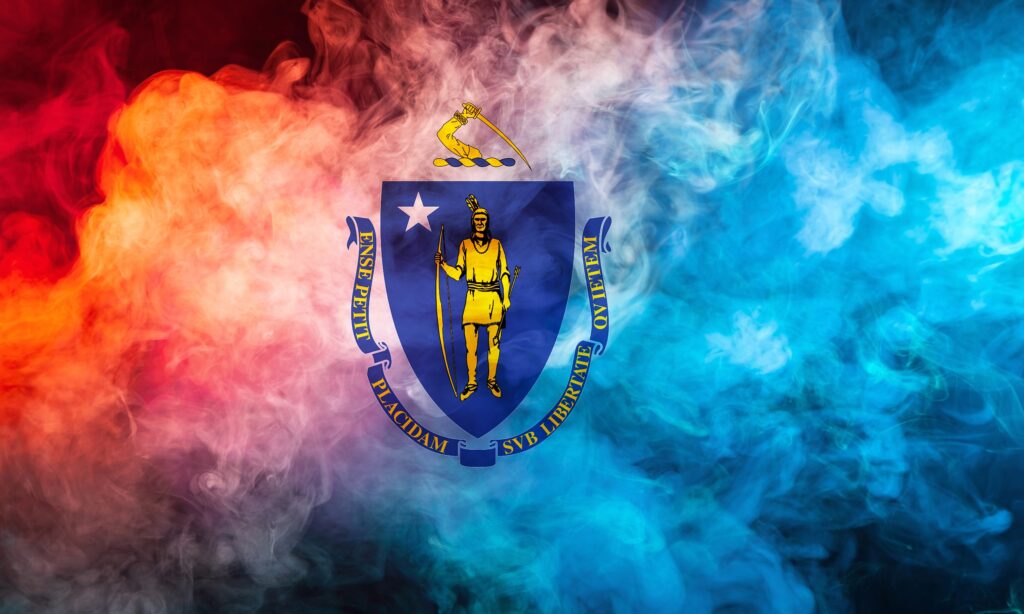Charter Schools Program: Federal Investment In Educational Opportunity
Author
Key Points
Press Release
Why the Federal Government Must Continue Investing in the Charter Schools Program
Executive Summary
Soon after the first state charter school law passed in Minnesota in 1991, advocates proposed creating a federal start-up funding source for these new, innovative, autonomous public schools. Members of Congress and staff designed a competitive federal grant program to: (1) provide funding to local charter school developers and (2) incentivize states to pass well-designed charter laws. Since its initial authorization in 1994, the Charter Schools Program (CSP) has provided over $4 billion in grants to thousands of charter schools in 38 states. The majority of these have been founded by the key actors in civil society: teams of educators, groups of parents and local community-based nonprofits. Over the years, Congress significantly expanded the CSP in scope and funding and added a new focus on replicating proven school models—a somewhat controversial move that marked a departure from the program’s initial purpose.
Read the full study here.










